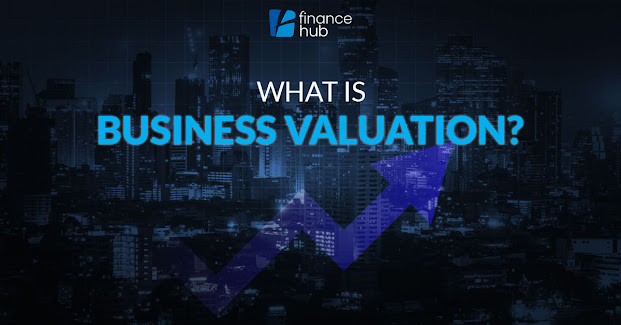Start-up Business Loans UK
In order to raise funds for starting your own business or expanding your current business, you can apply for a Startup business loan from a bank or financial institution. The amount of the loan and the period of repayment will determine the interest rate charged by the bank. Start-up loans are designed to help new UK businesses launch and grow. A business loan is a lump sum of capital that is repaid with regular monthly payments at a fixed interest rate. Its details include:
●
Business
plan
●
Your
sales
●
Your
transaction history
●
Your
founder
● Your expected earnings
Many types of companies can get a startup loan, from those
that are still in the planning stage to those that have been in business for up
to 24 months. However, some areas of the industry are excluded. A company,
partnership, or sole owner engaged in illegal activities such as the
manufacture of drugs, weapons, or chemicals. FCA regulatory activities such as
banking and remittance services. Gambling and betting; Porn; Charity; Private
detectives without proper licenses; Real estate investments; And how many
third-party agents your business receives, most of the income it generates are
not covered by startup loans.
Startup loans support the company's early growth, are part
of its business plan, and can be used for most legitimate business purposes as
long as they appear in the financial forecast. Financial assistance from £ 500
to £ 25,000 is available, up to £ 100,000 for a single company applying
directly to four Business Associates or Directors at a time. (The maximum
amount per applicant is £ 25,000). Using a government startup loan does not
affect your business assets. The eligibility criteria for it is :
●
Must
be over 18 years old
●
live in the UK
●
Your
business should be based in the UK
●
You
need to provide proof that you couldn't get credit from another source
●
You
need to prove that you can afford to repay the loan
● Your company may not be on the market
for more than 24 months
How does it work?
Startup loans are used to bring seeds or early-stage
companies to life. Invest money early on to pay for concepts, tests, designs,
prototypes, machines, plans, legal requirements, prerequisites, marketing,
labor costs, and more. Startup loans are often the only money a company has
when starting a business, and these loans are often granted when the business
is just an idea. The British Government-backed Startup Loan Program at the
British Business Bank provides funding without the need for security, personal assurance, or business interest.
Loans are also granted at low-interest rates for up to 5 years. Funds from
individual investors are not loans, they are investments even if they give the
same results as a loan.
Keep in mind that some investors may not only charge the
majority of your business but also make regular payments for their cash.
Choosing the right source of funding for a
startup loan is important for any new business. You need to take into
account the required amount, amount, company's ability to repay, and retention
of title. Most importantly, you need to put your time and effort into your
business plan so that your company has enough capital to reach the stage where
revenue arrives.
Types of Startup
Loans
The main source of funding for startup loans is the UK
Government-backed startup loans. These loans are unsecured, have lower interest
rates than regular business loans offered by commercial lenders, and are
offered by the UK Business Bank. Other options for a startup are:
●
Traditional business
loan
●
Asset-based lending
●
Caching from traders
●
Financing from angel investors
●
Economic development
● Business credit card
UK Government
Startup Loans
Government-sponsored startup loans are another type of
financing. Commercial lenders usually require collateral when granting a
business loan. This means that if a default occurs, you will need to provide
collateral to cover the loan. You also
need to provide a personal warranty. The UK Government Charter Loan is an
unsecured personal loan. No collateral or personal guarantee needs to be provided. The range of startup loans
ranges from £ 500 to £ 25,000, up to £ 100,000 per company with four business associates or directors
applying directly at one time (up to £ 25,000 per applicant).
The repayment is a favorable installment payment and is
made at a fixed interest rate of 6% per year. You can repay the loan over a
period of 1 to 5 years. There is no registration fee or early repayment fee.
The UK Government also provides free business planning help and advice, and
successful loan applicants receive up to 12 months of free guidance. Startup
loans from sources other than government-sponsored programs may have different
terms. Please contact us for these alternatives.
Advantages of
Startup Business Loan
●
They
allow you to start your business
●
You
can usually retain full or majority
ownership
●
Government
startup loans do not require collateral or personal guarantees
●
They
often have low-interest rates and can enjoy postpay
●
Lenders
provide loans based on business plans
and financial forecasts. Don't expect to see past business accounts
●
Startup
loan providers consider businesses and ideas that are riskier than
most traditional lenders
● You can use a startup loan to build a
business loan
https://medium.com/@financehubseo/ubstart-up-business-loans-uk-e7539f0d0ad6




Comments
Post a Comment